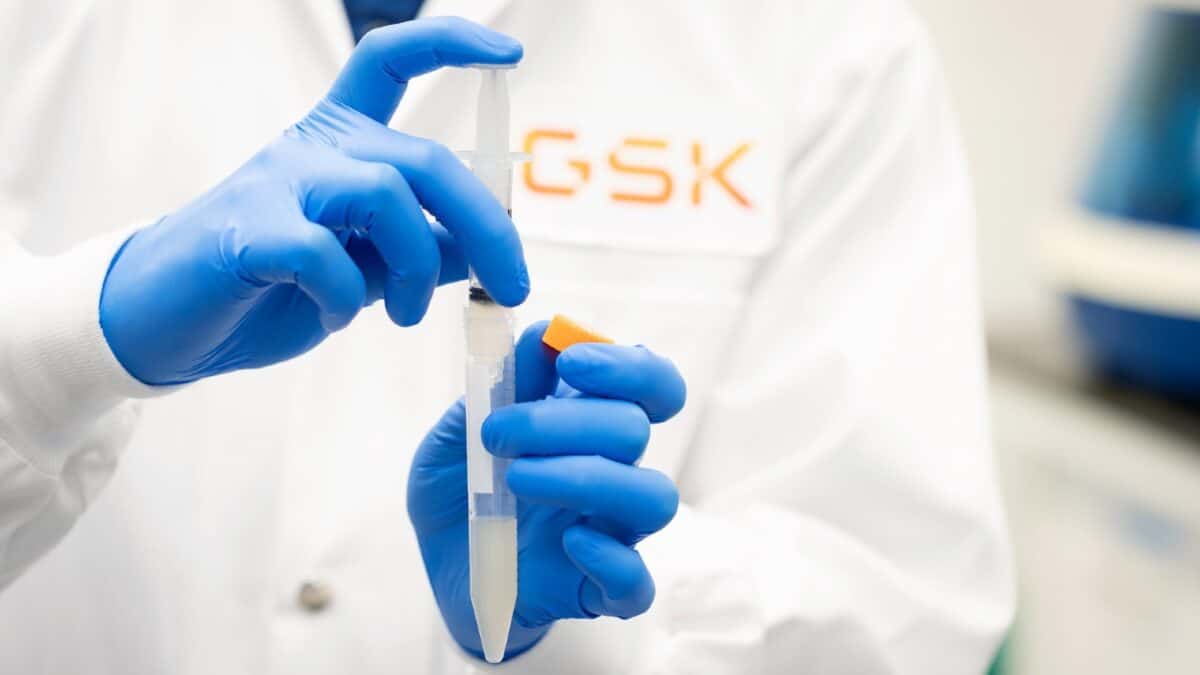GSK’s (LSE: GSK) share price has risen 11% over the past 12 months, at the time of writing.
For some investors, a rising price will indicate that they should get on the bandwagon and buy the stock. For others, it may signal that they should avoid the shares as they are more expensive than they were.
Neither reaction is right, in my view, with the only question worth asking being: is there still value in GSK?
And if the answer to that question is ‘yes’, then it is worth looking at further.
One risk in the shares is that product development is expensive, so if one fails then it is a major setback.
Legal action is also common against pharmaceutical firms, with the Zantac litigation against GSK a case in point. However, on 23 June last year, GSK announced that the lawsuits had been settled.
Reorganising for greater growth
Q3 2023 results saw total sales rise 10% year on year, with adjusted operating profit up 15%. Over the same period, adjusted earnings per share increased by 17%.
However, the company is determined to increase growth even more through two strategies.
First, focusing on vaccines and infectious diseases, and second funding deals to bolster a lacklustre product pipeline.
Currently, it has 68 new products in its pipeline, unchanged from Q2. By comparison, its main UK rival AstraZeneca has 167.
To focus on these strategies, it is selling non-core assets, including a 3.2% stake in Haleon announced on 16 January.
24 January saw GSK announce an agreement with high-speed DNA synthesiser Elegen. This will allow it much greater access to DNA that it can use to develop vaccines and medicines.
Even before this, in its Q3 results, GSK had upgraded full-year 2023 guidance. Turnover is expected to increase 12%-13% (from 8%-10%) and adjusted operating profit to increase 13%-15% (from 11%-13%).
Undervalued against its peers
Despite the rise in the company’s shares over the past 12 months, there still appears very good value in them.
Starting with the key price-to-earnings (P/E) ratio measurement, GSK currently trades at just 10.4 – the lowest in its peer group.
Bristol-Meyers Squibb trades at 12.3, Merck KGaA at 22.1, AstraZeneca at 35, and Hikma Pharmaceuticals at 37.5. This gives a peer group average of 26.7, against which GSK’s 10.4 looks extremely low.
A discounted cash flow analysis shows GSK shares to be around 58% undervalued at their present price of £15.55. Therefore, a fair value would be around £37.02.
This does not mean the shares will reach that price, of course. However, it does underline to me again that they appear to be very good value.
Too late for me to buy more?
Provided that I can see value remaining in a stock, it is never too late for me to buy it. Investing for the long term allows a company time to realise this value. It also allows for the flattening out over time of any short-term shocks seen in a market or individual stock.
Therefore, as I see such value in GSK, I am seriously considering buying more.
An additional benefit in my view is that its yield is in line with the FTSE 100 average of 3.9%. This means any share price gains can be seen as an added benefit on top of a reasonable basic return.







